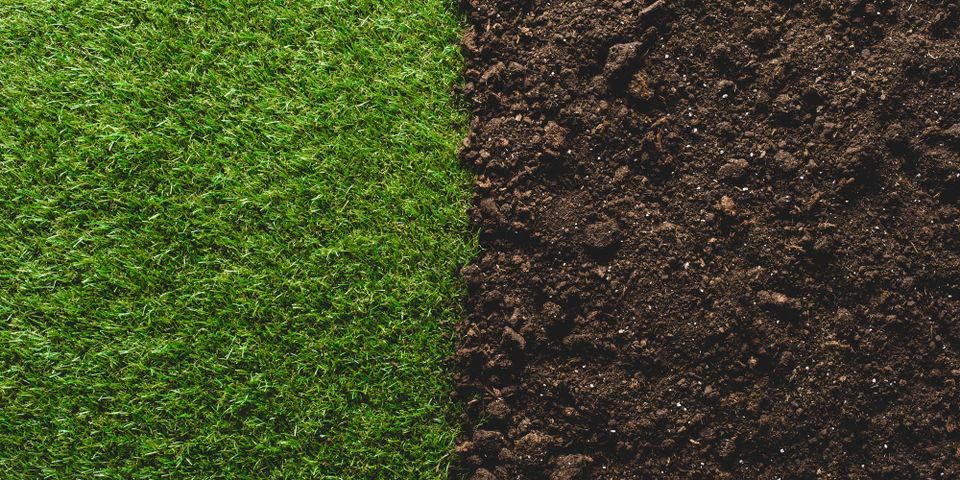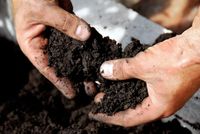
Gardening enthusiasts know how vital quality soil is for ensuring healthy growth. However, variables such as acidity, composition, drainage, and presence of organic matter can be difficult to account for if you don’t know how to properly test soil. Understanding these differences can help gardeners overcome challenging planting conditions to maximize yield.
Gardening Tips for Testing Soil
1. Test for Soil Type
 Soils are classified as clay, sandy, or loamy. Clay is nutrient dense but won’t drain, sandy soil lacks nutrients and drains quickly, and loamy soil retains both moisture and nutrients to satisfactory levels. Test your product by squeezing a handful of moist garden dirt. If it immediately falls apart when you open your hand, you have sandy soil. If it holds its shape even after opening a hand and gently poking it, it’s clay. Finally, if it retains its form when opening your hand, but gently falls apart when poked, it’s considered loamy.
Soils are classified as clay, sandy, or loamy. Clay is nutrient dense but won’t drain, sandy soil lacks nutrients and drains quickly, and loamy soil retains both moisture and nutrients to satisfactory levels. Test your product by squeezing a handful of moist garden dirt. If it immediately falls apart when you open your hand, you have sandy soil. If it holds its shape even after opening a hand and gently poking it, it’s clay. Finally, if it retains its form when opening your hand, but gently falls apart when poked, it’s considered loamy.
2. Check for Drainage
Some plants thrive in more moist soil conditions while others become oversaturated. Test your growing medium by digging a hole six inches wide and a foot deep, then fill it with water. Once the water drains, fill it again. If the water doesn’t drain within four hours, you have a drainage problem.
3. Do a pH Test
Too much and too little acidity can wreak havoc on plants. To check how acidic your product is, purchase a pH test kit from a garden store. These are fairly accurate gauges for assessing the health of your dirt. While plants vary, most thrive in pH climates around six to eight, although you should always do your research to help provide the right climate for your plants.
Whether you’re a just starting or a seasoned expert, contact the professionals at Garden Exchange in Hilo, HI, for all your gardening needs. Since 1964, this family-owned and operated company has been a leading gardening supply store offering organic fertilizers, gardening supplies, and lawn care products. View their weekly specials online or call (808) 961-2875 to speak with a specialist.
About the Business
Have a question? Ask the experts!
Send your question

